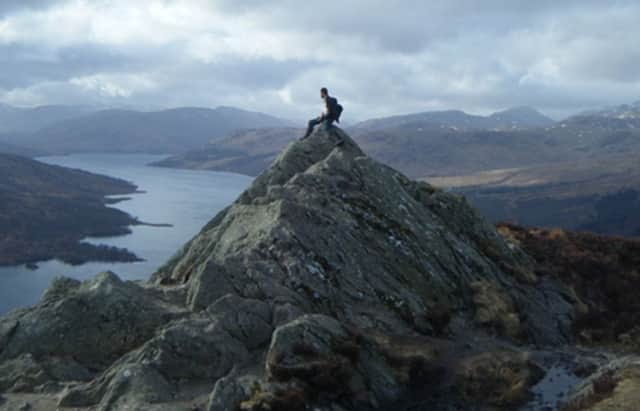We need to commit to the hard yards


Getting the hardest--to-help into work by taking on entry level jobs will boost Scottish productivity and competitiveness, yet we still risk not reaching people with the greatest distance to travel. For some, getting a job will be a remote dream and we risk cutting them adrift from opportunities.
The recent labour market statistics published for October 2014 are particularly encouraging for youth employment in Scotland, with a positive trend for 18-24 year old claimants including those young people claiming for over 24 months. The youth unemployment rate now stands at 16.7 per cent compared with the UK rate of 17.2 per cent. Yet there is more to be done to get young people for whom being out of work is the norm to a state of job readiness, and then to keep them in work once they have a job. This was highlighted by the Public Accounts Committee’s report on the Work Programme in November. Skewed payment incentives to providers and a focus on “easier-to-help” individuals is leaving the most disadvantaged behind.
Advertisement
Hide AdAdvertisement
Hide AdThe report recommended that providers must improve their focus on groups facing multiple barriers to employment. Clearly an undifferentiated model of support will achieve limited impact, consigning people without the requisite skills or sufficient motivation to extended worklessness, or offering them no opportunity to enter the workforce in the first place.
The majority of the people who come to Venture Trust for support are 16-25 years old. Many have struggled in school, dropped out of education or training and have got into difficult positions where their options may appear non-existent. Contributing to this can be neglect, misuse of drugs and alcohol, or the experience of care or homelessness. The majority of the people we support are referred via social work or other charities. At this stage, individuals can often be stuck, vulnerable and living with chaos. For many, the present feels like the past – bleak, lonely and troubled – and there only appears to be more trouble ahead. It’s not easy to choose change; It can be scary, and when self-esteem and confidence are in your boots it’s a mountain to climb.
That’s where Venture Trust comes in – listening, supporting and encouraging people to succeed. We deliver transformational personal development programmes in Scotland’s great wilderness – this is our classroom and nature is our teacher. By nurturing a person’s strengths, helping them to see themselves differently, raising aspirations, building self-esteem, they can leave negative behaviours and influences behind. Individuals “move on” emotionally, physically and crucially are able to learn and apply skills which will take them a step closer to training or work.
For the majority, getting into work is their goal. Our employability initiatives offer qualifications, work placements and links to job opportunities. By creating opportunities with partners such as Scottish Business in the Community, Lloyds Banking Group and Network Rail, individuals receive help to prepare CVs, practise interview skills or to “speak up” and present themselves well. To know that time-keeping is important, being open to learning new skills or vocational training, being able to communicate clearly, to plan, problem-solve and work in a team, are things that an employer will rightly expect.
An individual’s background is currently far too decisive in their future. For the young people we support, who have disengaged from school or left without any qualifications, the evidence of our experience demonstrates the positive impact of in-depth and tailored support and working closely with employers, so that individuals have the potential to flourish.
This type of investment takes time – to build trust and to embed behavioural changes. Most importantly it requires the individual to commit to the hard yards, to become more self-resilient and responsible for redefining their future with each step. In doing so, the prospect of re-engaging with education, taking on training or getting a job and staying the distance becomes realistic.
This year we’ve helped over 900 people make a change for a more positive future. In 2015, we plan to support even more people realise their potential. To help us help young people in need please visit www.venturetrust.org.uk/donate/potential-spotters.
• Amelia Morgan is head of finance and administration at the Venture Trust